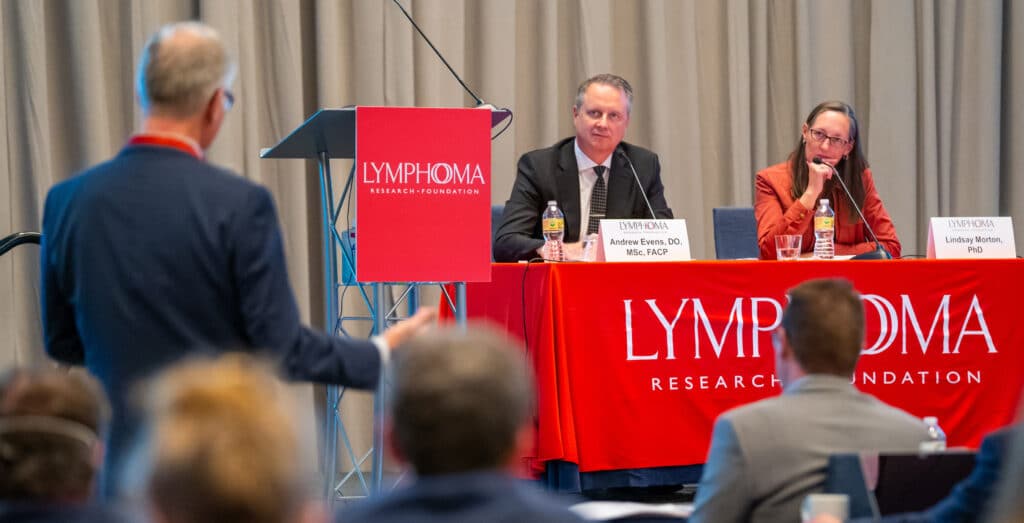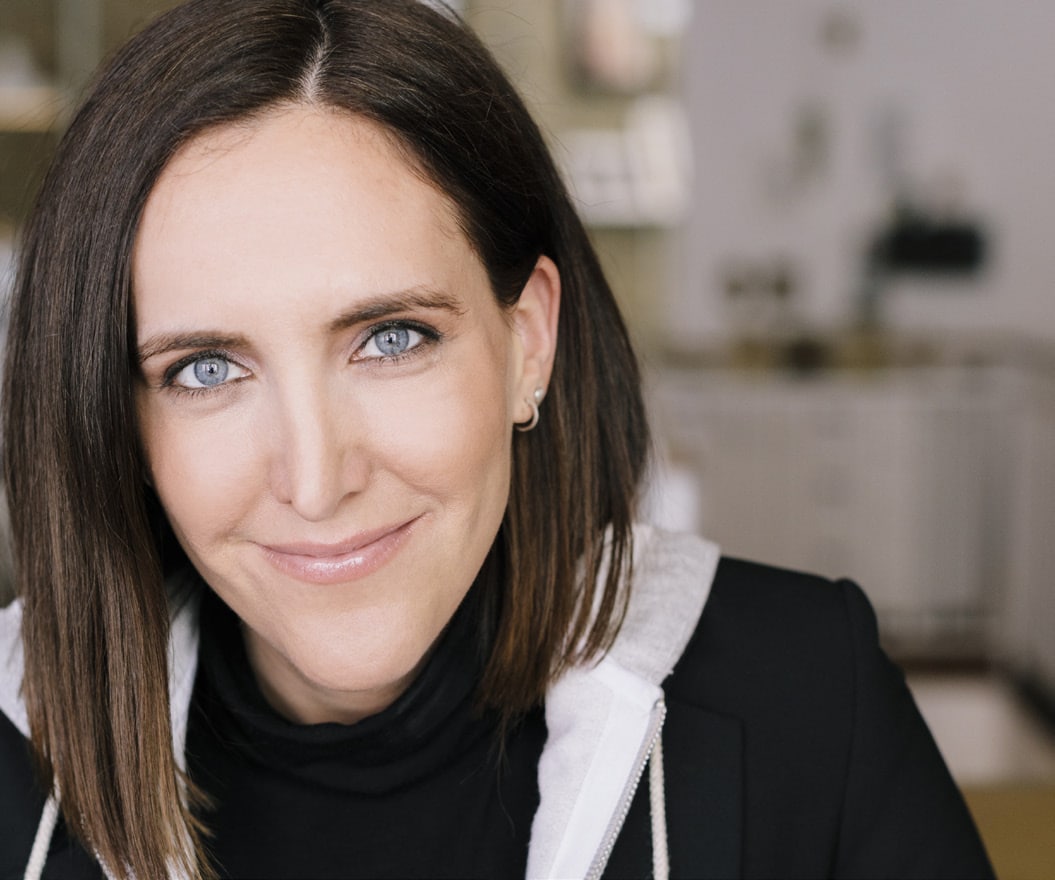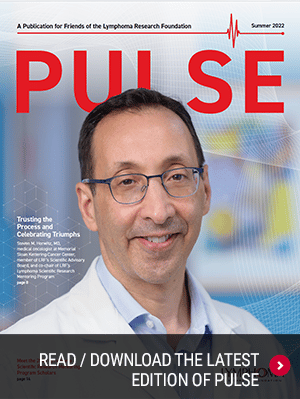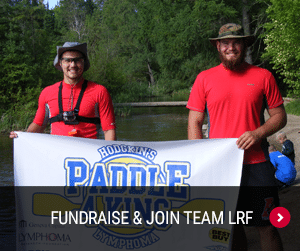
Latest News
Patient Perspectives: Advocating for Adolescents and Young Adults

On June 23rd and 24th, 2022, physicians and scientists from more than 40 academic and medical institutions, federal agencies, and pharmaceutical companies were brought together in Jersey City, New Jersey for the second Lymphoma Research Foundation’s (LRF) Adolescent and Young Adult (AYA) Lymphoma Consortium Scientific Workshop.
LRF initially launched a multifaceted AYA initiative in 2014 with its founding partner, The Paul Foundation, to assist young lymphoma patients in addressing the medical challenges, psychosocial needs, and access issues they may encounter. The overwhelmingly positive response to this initiative led LRF to found a first-of-its-kind AYA Lymphoma Consortium. The chief objective of the AYA Lymphoma Consortium is to advance the study of AYA lymphomas and improve treatments and care for this patient population, from the point of diagnosis through long-term survivorship.
Both LRF and the physicians who treat adult and pediatric lymphoma believe lymphoma in AYAs warrants special attention, as research suggests that lymphoma-related death occurs more often in the AYA group than in younger children and older adults. The underlying reasons are complex as they are numerous, driven by biology, etiology, treatment patters as well as social factors. Additionally, factors like the transition from pediatric to adult care and changes in access that come with changing jobs are unique challenges facing young adults transitioning to adulthood.
While the topics covered during the meeting touched on disease biology, epidemiology, molecular biology, clinical trials, and social factors, together, attendees are working to answer the overarching question of “why are these cancers different” and “what can we do to make outcomes better for patients?” One important feature of this meeting that makes it unique is inclusion of a large range of professionals who touch the lives of AYA patients: physicians, clinical and scientific researchers, and regulatory agency, pharmaceutical, and patient advocacy representatives are able to share their unique perspectives and learn from each other within a collaborative forum. This degree of “cross-pollination” between these specialties is rare. Even for pediatric and adult oncologists, a largely siloed model of clinical care creates a landscape where collaboration is uncommon. In a special edition of eJHaem entitled “Lymphoma in adolescents and young adults: navigating a path forward together,” a multitude of experts from the 2022 AYA Lymphoma Workshop reviewed the current status, discussed significant new developments in the field, and provided recommendations for scientific prioritization.
What Can We Do To Make Outcomes Better for Patients?
This year’s workshop focused on research developments in the areas highlighted by the Consortium AYA blueprints, focusing on the needs of AYA patients, new clinical trial efforts, and cutting-edge research in support of better understanding and serving these patients. Each session of the meeting included both lectures by selected expert faculty and a panel discussion where audience members could ask questions, learn from colleagues in different disciplines, and work to develop additional strategies to improve AYA care.
To start the meeting, researchers presented on the current understanding of AYA lymphoma biology and detailed the behavior of early, relapsed, and refractory disease. These presentations were followed by a discussion of how newly available drugs have been incorporated into clinical care for both adult and pediatric patients and how they may be best used in the treatment of AYAs. Importantly, attendees discussed the newest research tools available for studying tumor biology, microenvironment, and treatment response in lymphomas. For AYA lymphoma in particular, which is often underrepresented in clinical trials, these new tools are of particular importance because they allow for as much information to be collected as possible and for better definition of AYA disease biology and response to treatment.
One element of AYA research that continued to surface throughout the meeting was the need to engage all stakeholders to improve representation of these patients in clinical trials so that a specialized analysis of AYA patients is not only possible, but can support understanding of disease biology and treatment response. During the scientific workshop, special attention was also paid to long-term monitoring and assessment of barriers to survivorship care.
Following the meeting, researchers will publish the scientific workshop findings and will continue their work to identify avenues that LRF can use to pursue its mission: to eradicate lymphoma and serve those touched by this disease.
The Role of Patient Advocates
Lymphoma patients, survivors, and caregivers have valuable perspectives and experiences which can improve the quality of cancer research, inform education programs, and raise awareness of the disease. That is why the Lymphoma Research Foundation (LRF) offers numerous opportunities for members of the lymphoma community to share their experiences and support the LRF mission. Programs like the Lymphoma Support Network allow volunteers to provide one-to-one peer support programs for people with lymphoma and their caregivers, while the LRF Advocacy Program encourages people to make their voices heard by policymakers through special training and advocacy alerts. The LRF Ambassador Program is instrumental in raising awareness for lymphoma and providing hope to others affected by the disease. Ambassadors share their individual stories and experiences navigating the disease during in-person events, media interviews, and scientific meetings.

Recently, LRF Ambassador Katie Palay attended the LRF Adolescent and Young Adult (AYA) Lymphoma Scientific Workshop to serve as a patient advocate and represent patients who receive a diagnosis between the ages of 15 and 39. In this edition of Patient Perspectives, Katie shares more about her journey and recent experience representing AYAs with lymphoma.
How did you become involved with the Foundation?
I was introduced to LRF through my oncologist, and LRF Distinguished Leadership Award recipient, Dr. Anas Younes.
Do you feel comfortable sharing your lymphoma journey?
It’s a journey I wouldn’t wish on anybody, yet is one I credit with shaping who I am today. If I could share one part of that journey it would be: Never give up the hope that comes from within, and never stop looking for the hope that comes from a science lab.
In under 18 months, I went from a diagnosis of stage 2A Hodgkin lymphoma to refractory disease, followed by autologous stem cell transplant and then relapse. At the time, I was in “under 5% of cases” territory. There was no standard treatment protocol for what came next. I enrolled in a phase 2 clinical trial. Out of dozens of participants, only a few people were put into complete remission. I followed up with 35 rounds of proton therapy — also at the time a novel approach to lymphomas. I am elated to say that was over 10 years ago.
What resources did you find most helpful after you received a Hodgkin lymphoma diagnosis?
I signed up for numerous peer-to-peer networks in search of hope — both the hope that there were others out there, just like me, and the hope that the scientific discoveries that had saved them could do the same for me. It was important for my mental well-being to surround myself with hope and positivity, not just “good thoughts” but the hope that each day would bring me one step closer to an answer and better yet, a cure. As for the physical tolls extracted by cancer, all I can say is how lucky I was to have an incredible support team, ranging from my mom, siblings, and extended family to doctors, friends, and nurses; all of whom took wonderful care of me.
Why did you decide to become an LRF Ambassador?
There are so many reasons I wanted to become an LRF Ambassador. I wanted to share my story to provide hope to other patients. I wanted to give my opinions on how to better support the lymphoma community. I wanted to help fundraise to support life-saving science. Being part of LRF allows me to be on the frontline in the fight against lymphoma. There is nowhere else I’d want to be right now.
Being part of LRF allows me to be on the frontline in the fight against lymphoma. There is nowhere else I’d want to be right now.
What is your impression of the recent AYA Lymphoma Scientific Workshop? What did you learn? Were you nervous?
I left the meeting feeling inspired and hopeful. There are so many incredible minds dedicating their lives not just to fighting lymphoma but to fighting for lymphoma patients during and after cancer.
I wasn’t nervous to attend the meeting, but admittedly I was a little nervous to speak up. After all, my only medical training is through osmosis, and I don’t have multiple strings of letters attached after my name. But then I realized my perspective is just different, not wrong or less meaningful. It was a privilege to lend my voice on behalf of lymphoma patients, and I hope I served the community well.
Why do you feel it is important to have patients represented during scientific meetings and discussions?
There were times during the meeting that I felt genuinely ill; that what was being discussed hit too close to home. That’s exactly what these meetings need: the human side of cancer. Only the patient perspective can reinforce the importance of defining survival as “living” rather than merely “not dying.” The healing isn’t done once remission is achieved.
After attending this meeting, why should other AYA’s with lymphoma have hope for the future?
There are so many exciting new drug therapies and treatments in the works. And this groundbreaking science isn’t just saving lives, but it’s also improving patients’ quality of life, not just today but far into the future, too. With consortiums like this, we can save lives faster and better!
Read More Articles from Pulse
Pulse is a publication of the Lymphoma Research Foundation, providing the latest updates on the Foundation and its focus on lymphoma and chronic lymphocytic leukemia (CLL) research, awareness, and education


